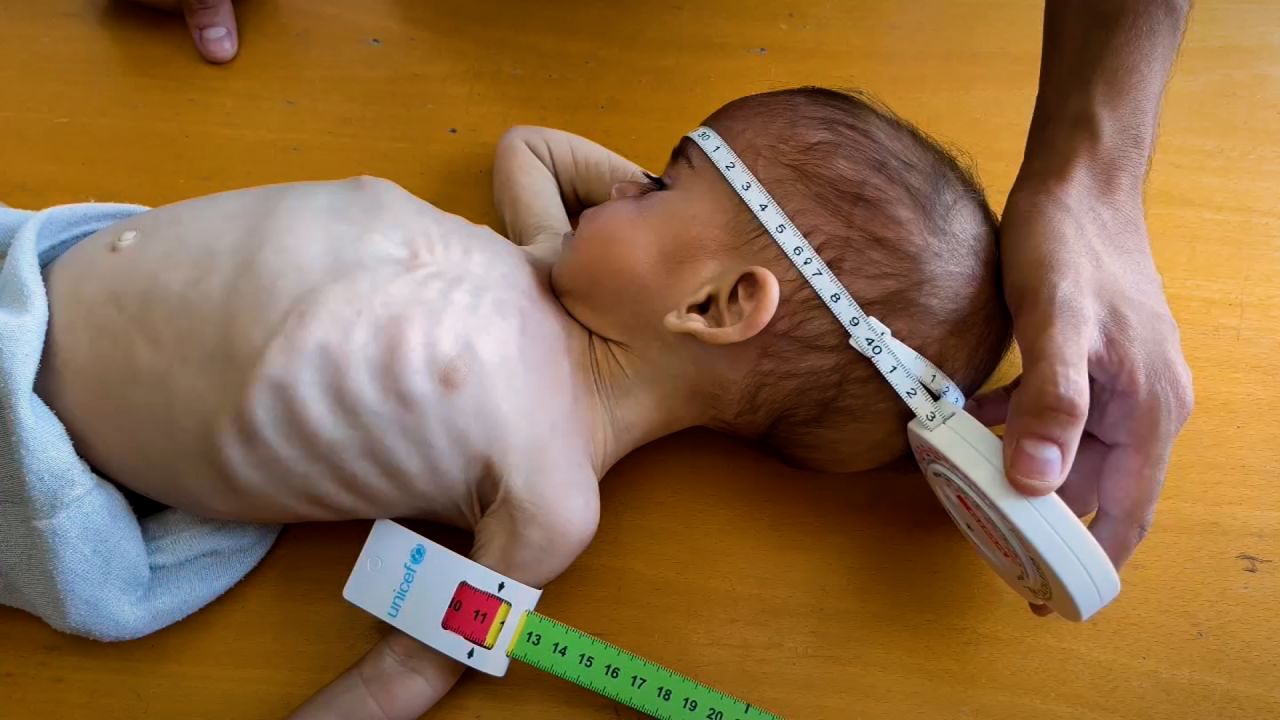The humanitarian crisis in Gaza has reached unprecedented levels, prompting urgent international diplomatic efforts. With a dire starvation crisis deepening across the enclave, the focus remains on facilitating aid and securing a lasting ceasefire between Israel and Hamas. This critical situation underscores the immense challenges faced by civilians and the complex negotiations aiming to alleviate suffering.
Against this backdrop, US Special Envoy Steve Witkoff has embarked on a crucial visit to Israel, engaging with Prime Minister Benjamin Netanyahu and preparing for a trip into Gaza. His mission underscores the United States’ commitment to finding a resolution, particularly concerning the stalled ceasefire talks and the urgent need for increased humanitarian aid delivery to the besieged region.
The prospects for a ceasefire remain precarious, largely due to Hamas’s perceived “bad faith” negotiations, as accused by US and Israeli officials. The militant group has reportedly withdrawn from discussions, insisting on significant improvements in conditions within Gaza, especially the end of the starvation crisis, before re-engaging in serious dialogue for a hostage release.
A major impediment to addressing the Gaza crisis is the severe restriction on aid trucks entering the territory. While humanitarian organizations like the UN warn that fewer than 100 trucks a day are currently allowed, compared to 600-700 during previous ceasefires, airdrops by various nations are considered a stopgap measure, often proving insufficient and dangerous for desperate civilians.
International calls for a two-state solution are gaining momentum, with countries like Germany and Portugal advocating for a process towards Palestinian statehood, though Israel maintains its stance on security concerns. Simultaneously, cooperative efforts for humanitarian aid deliveries are underway involving countries like Canada, the UAE, Egypt, and Jordan, highlighting a multilateral approach to easing the humanitarian crisis in the enclave.
The broader international landscape also includes significant legal and political pressures. The ICC has issued arrest warrants against Israeli officials for alleged war crimes, while the ICJ investigates potential genocide. The US has further complicated matters by imposing sanctions on Palestinian Authority officials, accusing them of undermining peace commitments, even as US diplomacy seeks a way forward.
On the ground, the human cost is tragically evident. Displaced Palestinian mothers describe unimaginable struggles to keep their children alive amidst the Gaza starvation crisis, with access to aid often perilous. Incidents of Israeli forces opening fire near aid distribution sites underscore the dangerous environment faced by those seeking basic necessities.
Despite the deeply pessimistic outlook for a comprehensive deal, diplomatic efforts persist. The intricate interplay of security concerns, political demands, and the overwhelming humanitarian crisis in Gaza necessitates a robust and sustained international response to prevent further loss of life and bring stability to the volatile Middle East peace process.






Leave a Reply